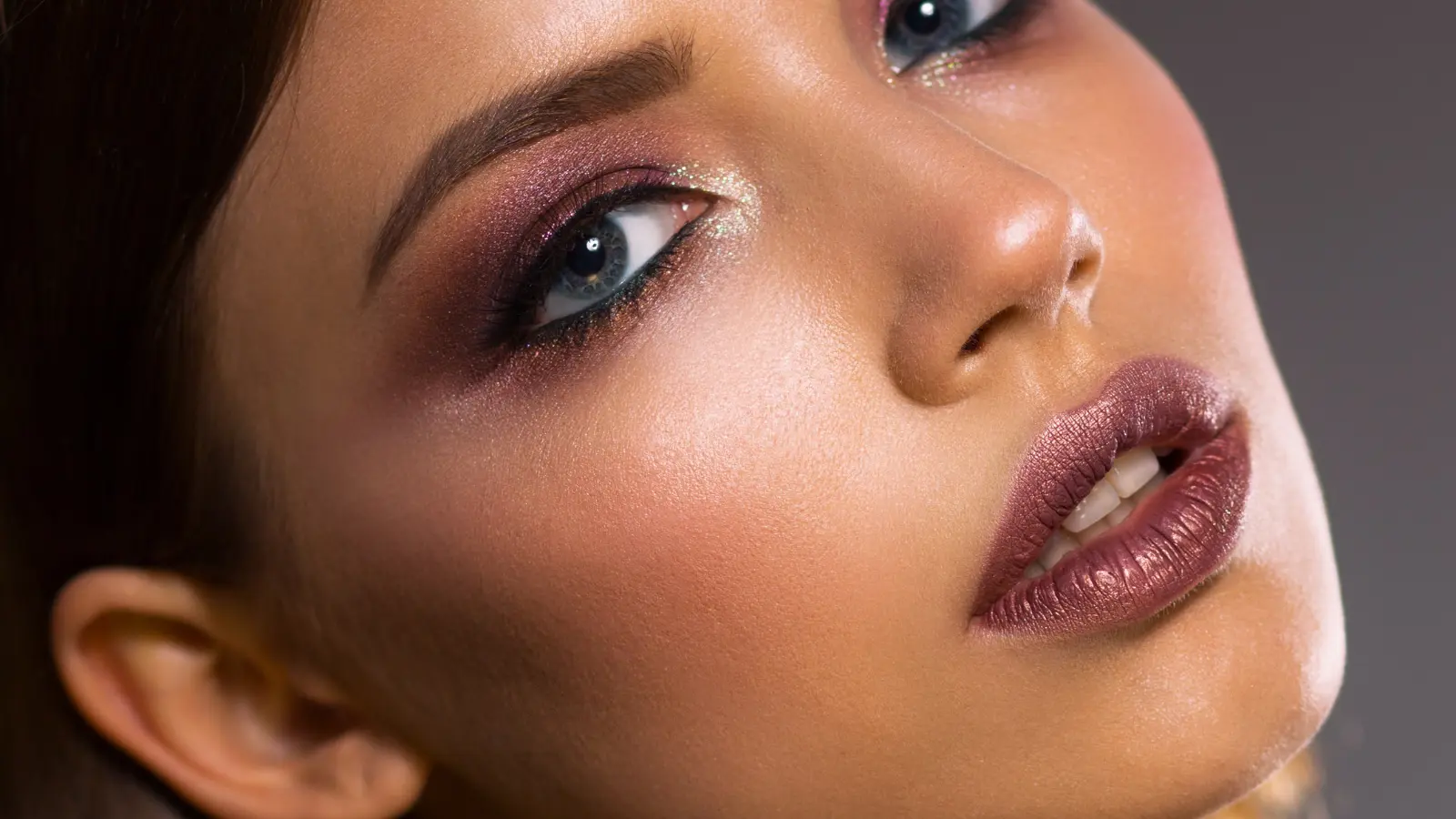Wash your face twice a day for optimal skincare. Morning cleansing removes overnight oils, while evening cleansing eliminates daily impurities, promoting a healthy and balanced complexion.
Why It’s Important to Wash Your Face
Washing your face is crucial for keeping your skin healthy. It helps remove dirt, oil, and bacteria that can accumulate throughout the day. Cleansing prevents clogged pores, reduces the risk of acne, and promotes a clear complexion. Additionally, it prepares your skin to better absorb skincare products, keeping it hydrated and maintaining a youthful appearance. In simple terms, washing your face is like giving your skin a fresh start, keeping it clean and happy.
Simple Rules for Washing Your Face
The frequency at which you should wash your face depends on various factors, including your skin type, lifestyle, and personal preferences. Here are some general guidelines:
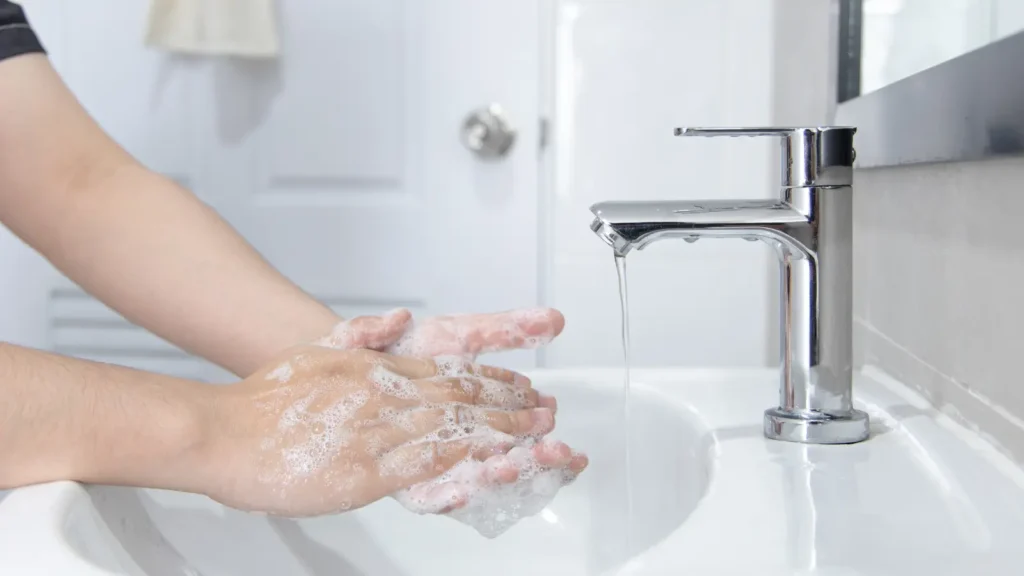
- Most dermatologists recommend washing your face twice a day – once in the morning and once before bedtime. This helps remove impurities, excess oil, and makeup.
- In the morning, washing your face helps remove the oils that accumulate overnight and prepares your skin for the application of sunscreen and makeup.
- Before bedtime, cleansing your face is crucial to remove makeup, sunscreen, and the dirt and pollutants accumulated throughout the day. It also allows your skin to breathe and regenerate while you sleep.
- If you engage in physical activities that cause you to sweat, it’s a good idea to wash your face afterward to remove sweat, bacteria, and other impurities. This can help prevent breakouts.
- If you have sensitive or dry skin, you may not need to wash your face as frequently. Overwashing can strip your skin of natural oils and lead to irritation. In such cases, you might choose to cleanse once a day or use a gentle cleanser.
- If you have acne-prone skin, maintaining a regular cleansing routine is important. However, overwashing can also irritate acne-prone skin, so finding a balance is key.
- Pay attention to how your skin reacts to your current cleansing routine. If it feels too dry or too oily, you may need to adjust the frequency or the type of cleanser you use.
- Regardless of your skin type, it’s essential to use a gentle cleanser that won’t strip your skin of its natural moisture.
Best Face Wash Products for Men and Women
Individual skin reactions may vary, so always perform a patch test before trying new products and consult with a dermatologist if you have specific skin conditions or concerns.
For Men:
Cetaphil Daily Facial Cleanser: Gentle and suitable for all skin types.
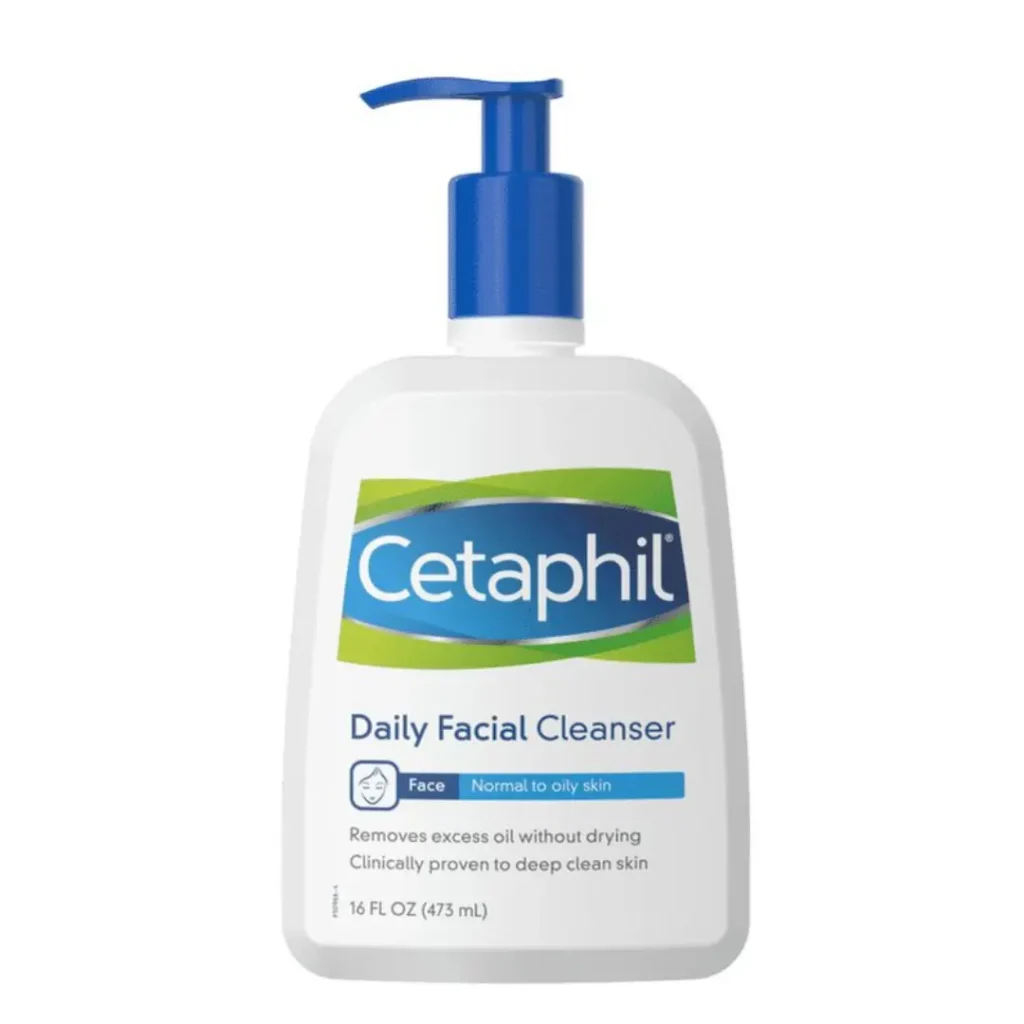
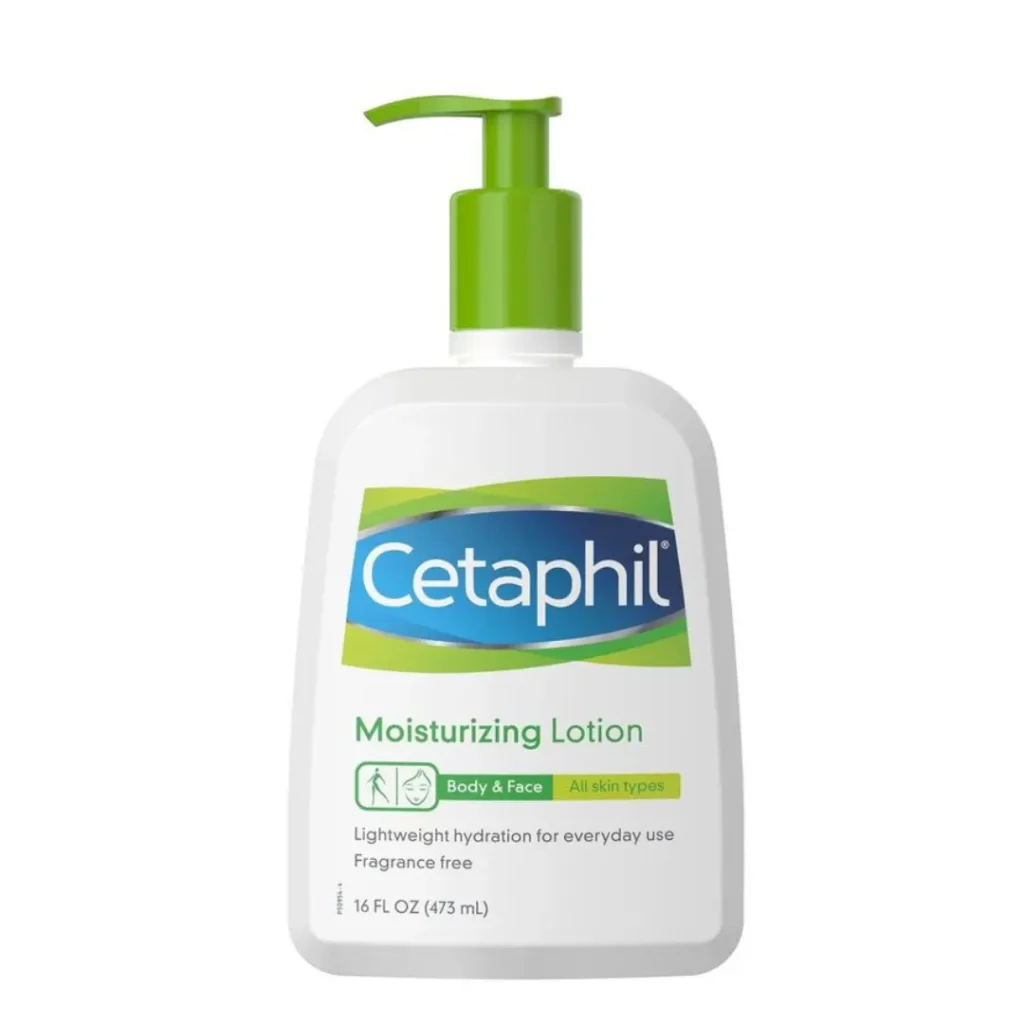
Neutrogena Men Invigorating Face Wash: Energizing and effective for removing excess oil.
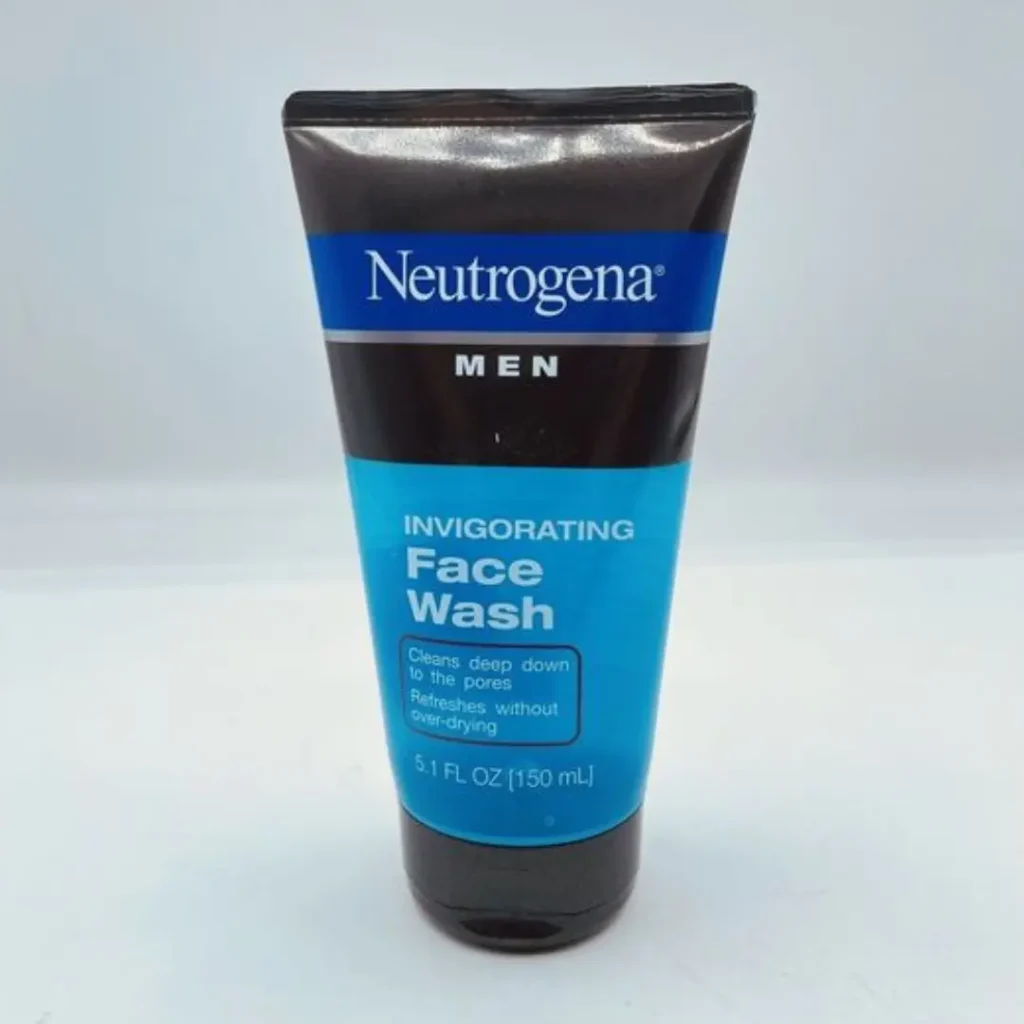
Jack Black Pure Clean Daily Facial Cleanser: Sulfate-free and includes soothing ingredients.
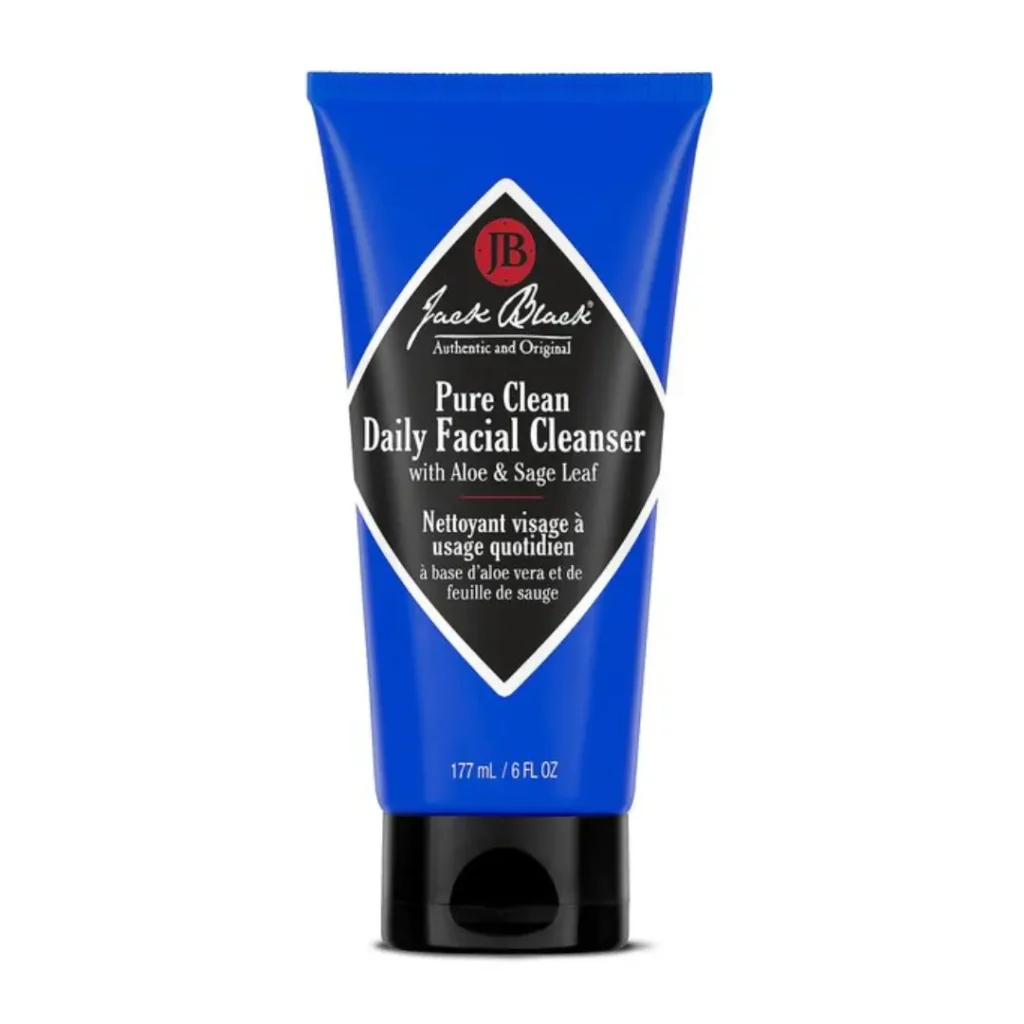
For Women:
CeraVe Hydrating Cleanser: Ideal for normal to dry skin, and helps retain moisture.
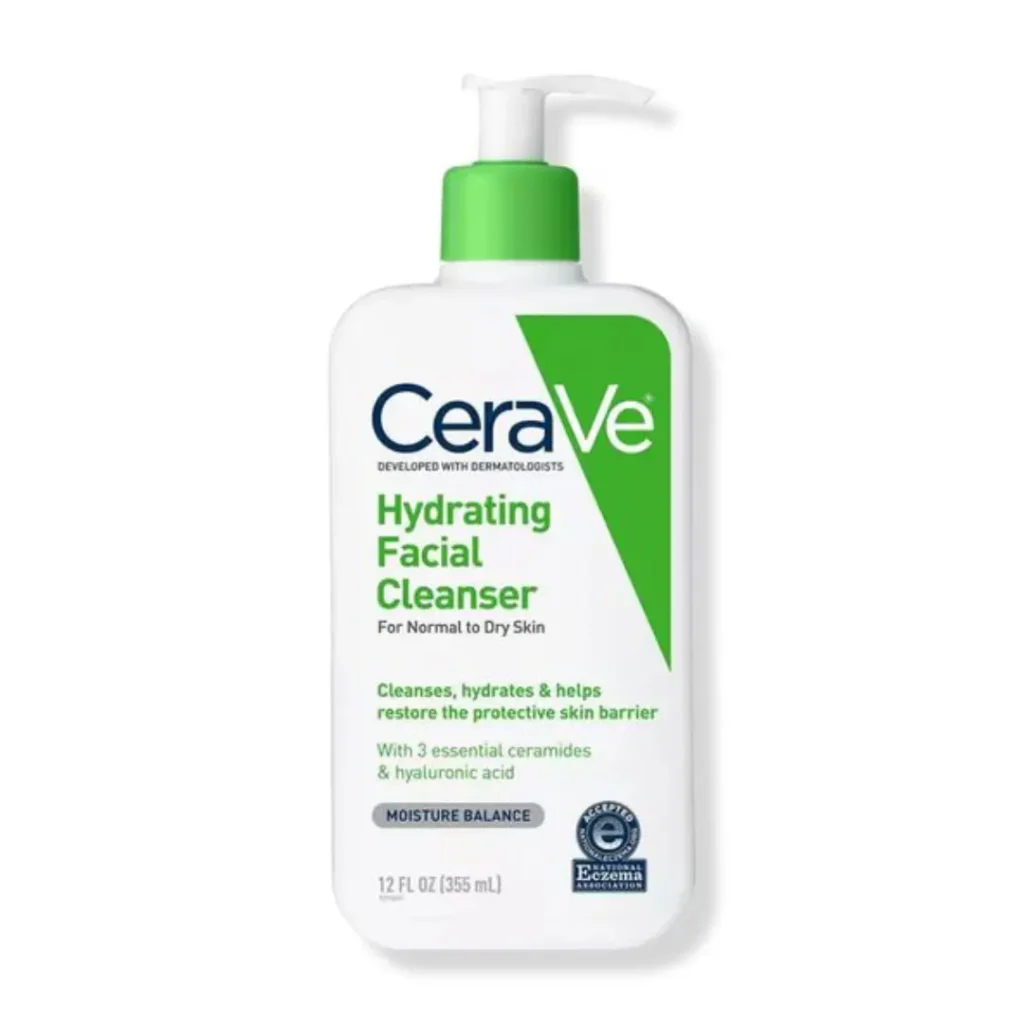
La Roche-Posay Toleriane Hydrating Gentle Cleanser: Gentle for sensitive skin and effective in removing impurities.
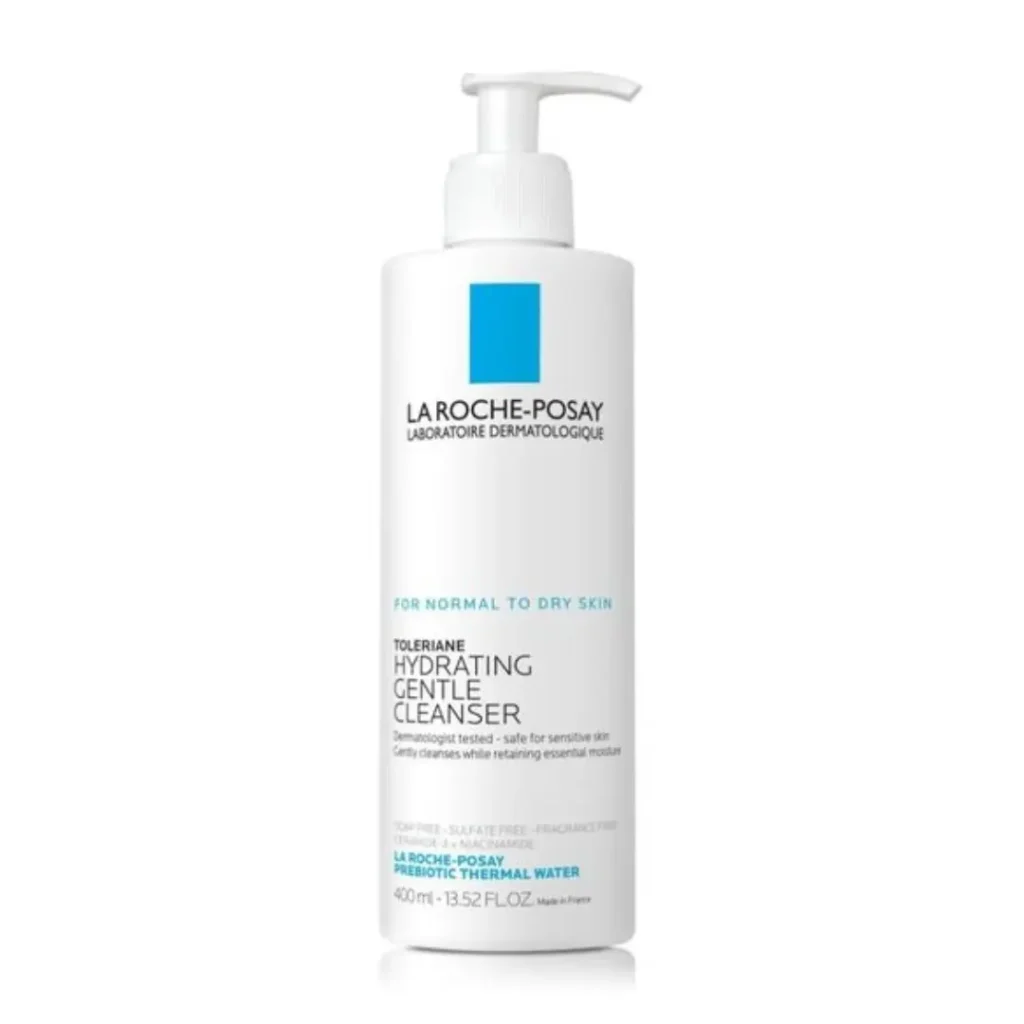
Neutrogena Hydro Boost Water Gel Cleanser: Hydrating and suitable for various skin types.
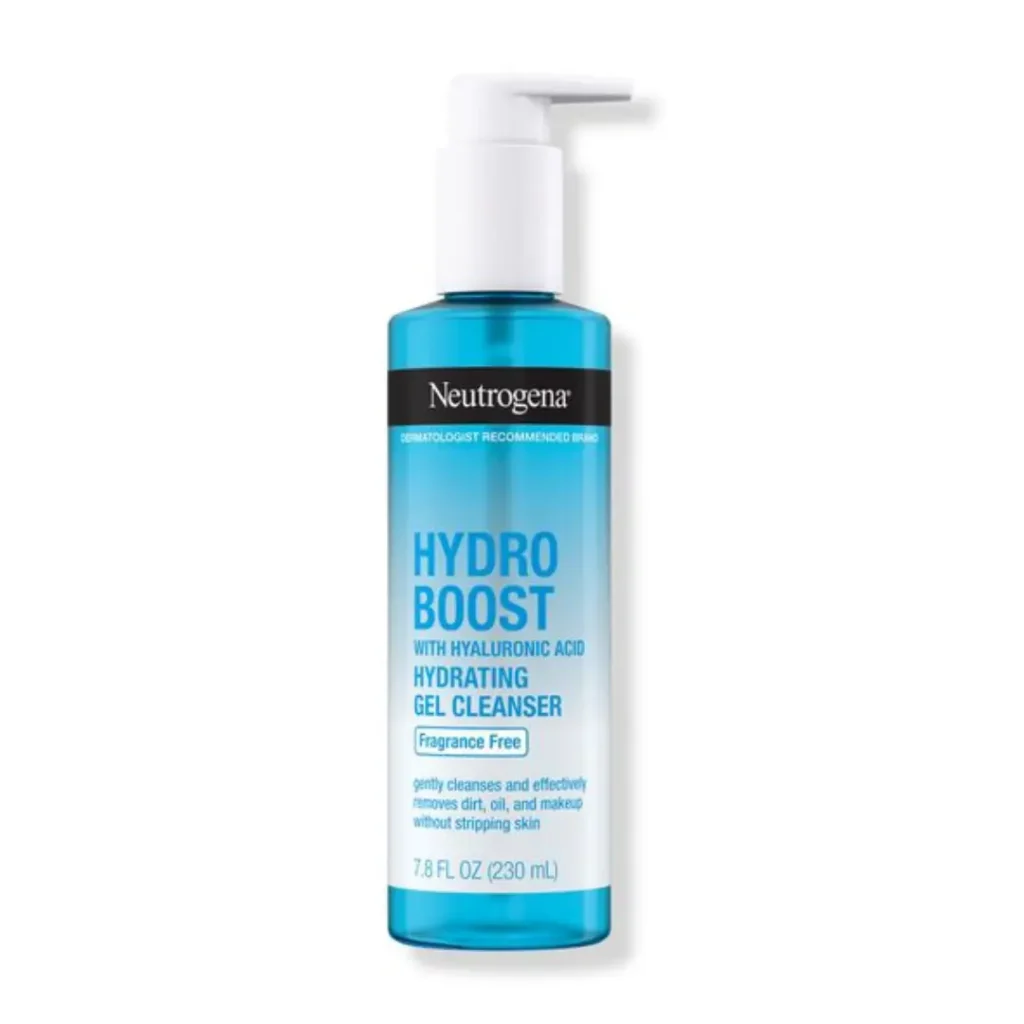
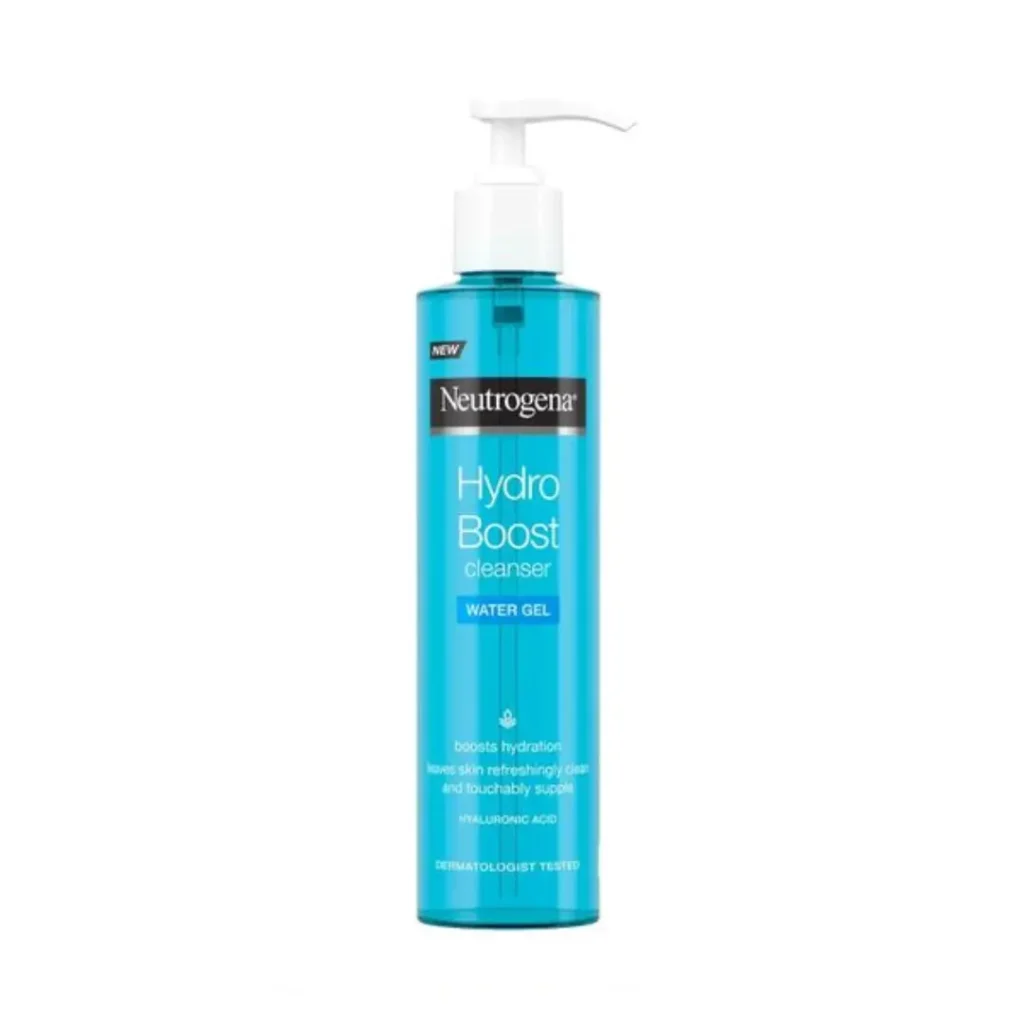
The Right Way to Wash Your Face
Washing your face is a fundamental part of any skincare routine, and doing it correctly helps maintain healthy and radiant skin. Here’s a step-by-step guide on the right way to wash your face:
Start with clean hands:
Wash your hands thoroughly before touching your face to avoid transferring dirt and bacteria.
Remove makeup:
If you’re wearing makeup, use a makeup remover or a gentle cleanser designed to dissolve makeup. Ensure all traces of makeup are removed before proceeding to the next step.
Choose the right cleanser:
Select a cleanser that suits your skin type. For example, if you have oily skin, you might opt for a gel-based cleanser, while those with dry or sensitive skin may prefer a cream or lotion cleanser. Avoid using harsh soaps that can strip your skin of natural oils.
Use lukewarm water:
Wet your face with lukewarm water. Hot water can be too harsh on the skin, leading to dryness, redness, and irritation.
Apply the cleanser:
Take a small amount of your chosen cleanser and apply it to your face. Gently massage it in using circular motions, covering your entire face and neck.
Pay attention to problem areas:
If you have specific areas of concern, such as the T-zone for oily skin or the cheeks for dryness, pay a little extra attention to those areas during cleansing.
Be gentle:
Avoid scrubbing too hard, as this can irritate the skin. Use gentle, upward motions, and don’t forget the jawline and hairline.
Rinse thoroughly:
Rinse your face with lukewarm water until all traces of the cleanser are removed. Make sure to rinse your hairline and jawline as well.
Pat dry:
Gently pat your face dry with a clean, soft towel. Avoid rubbing, as this can cause irritation and contribute to premature aging.
Apply toner (optional):
If you use a toner as part of your skincare routine, apply it after cleansing. Toners can help balance the skin’s pH and prepare it for subsequent skincare products.
Follow with your skincare routine:
After cleansing, apply any serums, moisturizers, or treatments as per your skincare routine.
Consider the time of day:
In the morning, follow up with sunscreen as part of your daytime routine. In the evening, apply any night creams or treatments suitable for your skin.
Remember that consistency is key, and it may take some time to find the right products and routine for your specific skin needs. Adjust your skincare routine based on changes in your skin or external factors. If you have specific skin concerns, consider consulting with a dermatologist for personalized advice.
What happens if you over- or under-wash your face?
If you over-wash your face, you may strip away natural oils, leading to dryness, irritation, and potentially more breakouts. On the other hand, under-washing can result in clogged pores, acne, and a dull complexion because dirt and oil accumulate. It’s about finding a balance – washing your face regularly, but not too much, to keep your skin clean and healthy.
Conclusion:
If you want to know how often you must wash your face, remember there is no one-size-fits-all answer. It depends on your skin type, daily activities, and individual preferences. You can achieve and maintain healthy, radiant skin by understanding your skin’s unique needs and following a consistent and gentle face-washing routine. So wash your face right, and let your skin shine!




